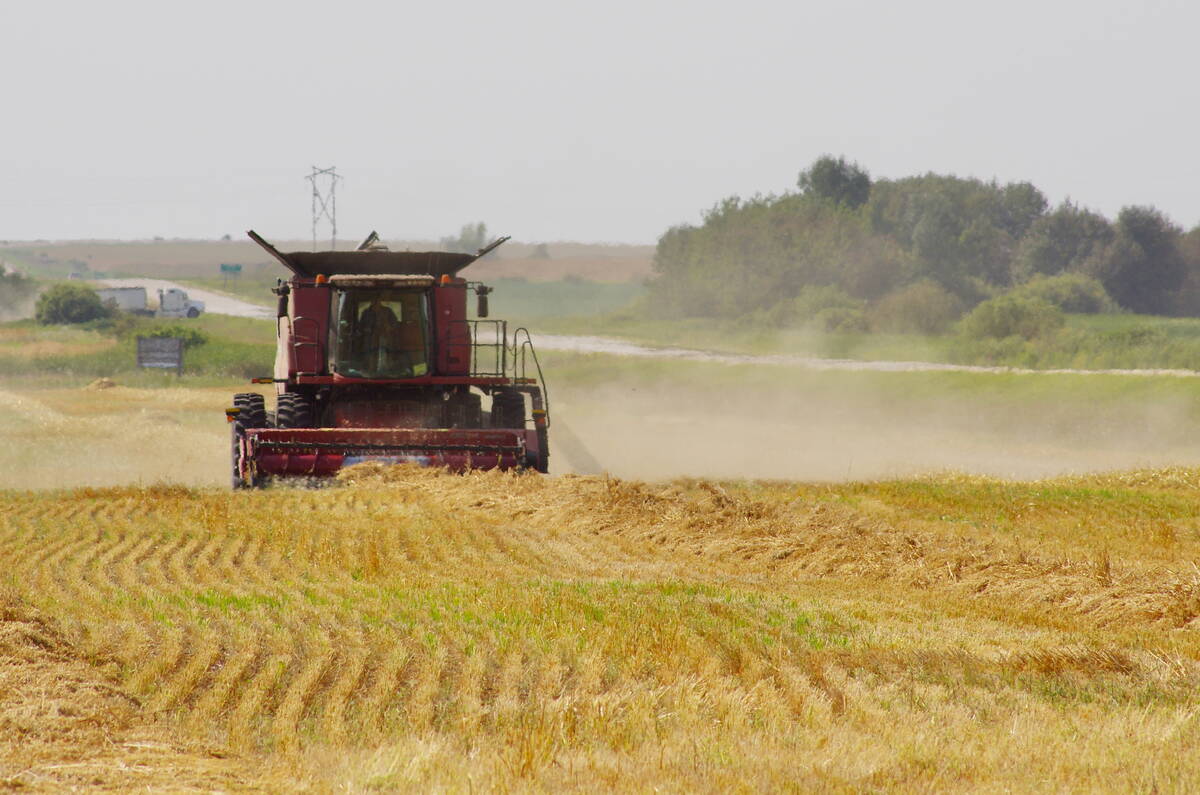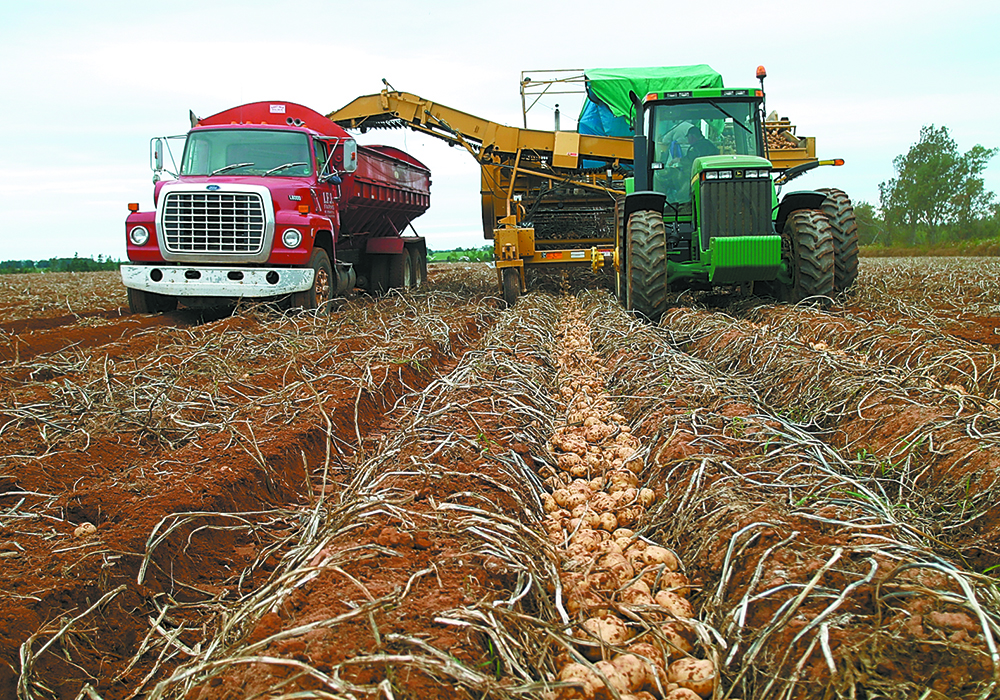CFIA says move prompted by presence of potato wart in province’s fields but farmers complain it is politically motivated
Potato growers in Prince Edward Island are “shocked” by a federal government decision to suspend exports of fresh and processed potatoes from the province to the United States.
The PEI Potato Board, in a statement released Nov. 22, said this decision has nothing to do with plant disease issues and everything to do with trade.
“This is solely a politically based trade disruption that will limit trade in a year when potatoes are already in short supply across North America and globally,” the board said. “These trade restrictions will undoubtedly lead to higher grocery store prices for American consumers due to a lack of available product in regions that depend on Prince Edward Island potatoes.”
Read Also

Herbicide resistance sprouts in Manitoba’s wild oats
Farmers across Manitoba this fall are gearing up for the latest salvo in what, for many, has become a longtime battle to beat out wild oats.
The U.S. market is worth $120 million annually for P.E.I. potatoes.
“The volume of potatoes that P.E.I. normally exports to the United States meets the fresh potato needs of approximately nine million Americans each year,” the board said.
The Canadian Food Inspection Agency suspended exports of table stock potatoes and processing potatoes from P.E.I. The suspension doesn’t apply to frozen potato products, like french fries.
The CFIA took the action because of potato wart, a fungus that’s been in P.E.I. potato crops since 2000.
The fungus can reduce potato yields and is spread by transport of infected potatoes, soil and farm equipment.
“When potato wart is detected, land restriction controls are put in place on individual fields to restrict the movement of potatoes, plants, soil, and other articles that could result in the spread of potato wart outside of the regulated fields,” the CFIA said.
CFIA testing at its laboratory in Charlottetown detected potato wart at two P.E.I. farms this fall; one on Oct. 1 and the other Oct. 14.
The testing showed high levels of the fungus, which “made it necessary to take Canada’s strongest action against potato wart to date.”
The suspension of exports is excessive, the PEI Potato Board said, because the current testing and control plan is working for potato wart.
The two cases in October occurred in fields that were already regulated under a management plan already in place. Those potatoes were not eligible to be shipped to any market outside of Prince Edward Island.
“There is negligible risk of spreading potato wart from the export of fresh potatoes, as existing trade regulations require potatoes originating from Prince Edward Island to be washed and treated with a sprout inhibitor. In addition, potato wart is of no risk to human health.”


















